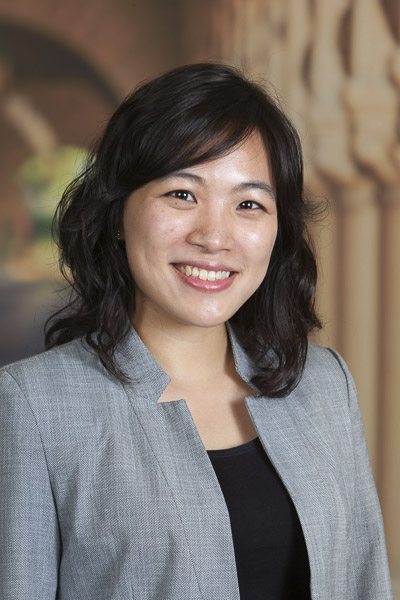
Although I have always had an interest in education, I started focusing on education issues while studying economic development and international political economy as an undergraduate at Georgetown University. Subsequently, I pursued an Ed.M. in international education policy from Harvard University. During this time, I became increasingly interested in the MENA region. Upon graduating, I moved to the Arabian Peninsula, where I consulted with various organizations on education policy research and joined the team at Teach for Qatar to oversee monitoring and evaluation efforts in addition to contributing to the overall organizational and program vision and strategy.
While working internationally, I faced many situations where I had to negotiate global and local tensions in implementing a new policy, strategy, and/or program. The desire to want to examine the institutional and organizational factors that influence how governments and organizations adopt and adapt various global policies and best practices to their respective contexts led me to pursue a doctoral degree.
What drew me to the Stanford ICE program was how it is interdisciplinary in nature but also provides disciplinary grounding through a Master’s or a PhD minor. The core curriculum offers solid theoretical grounding in comparative education, but we are encouraged to take courses and seminars from across the university. This not only allows us to gain breadth to our graduate training but also enables us to work with professors and colleagues from across several disciplines in and outside of the GSE. In fact, as someone who conducts interdisciplinary research in entrepreneurship, education, and development, I have found the flexibility of the program to cater coursework to my needs incredibly helpful and enriching. In fact, I have been able to engage with colleagues in and outside the GSE (e.g. political science, anthropology, sociology) who conduct international research and share similar regional and/or topical interests.
But above all, the most amazing part about the program is the sense of community and the support I have received here – from my advisors, faculty, and colleagues. Advisors and faculty I have worked with have been incredibly generous with their time and feedback. They truly have been and continue to be instrumental in not only the development of my research agenda but also in how I am able to thrive at Stanford in ways that are not limited to just academic success. I have learned a tremendous amount, been able to collaborate on numerous projects (including those with alumni as well), and had opportunities to teach. I am truly grateful for the Stanford community.